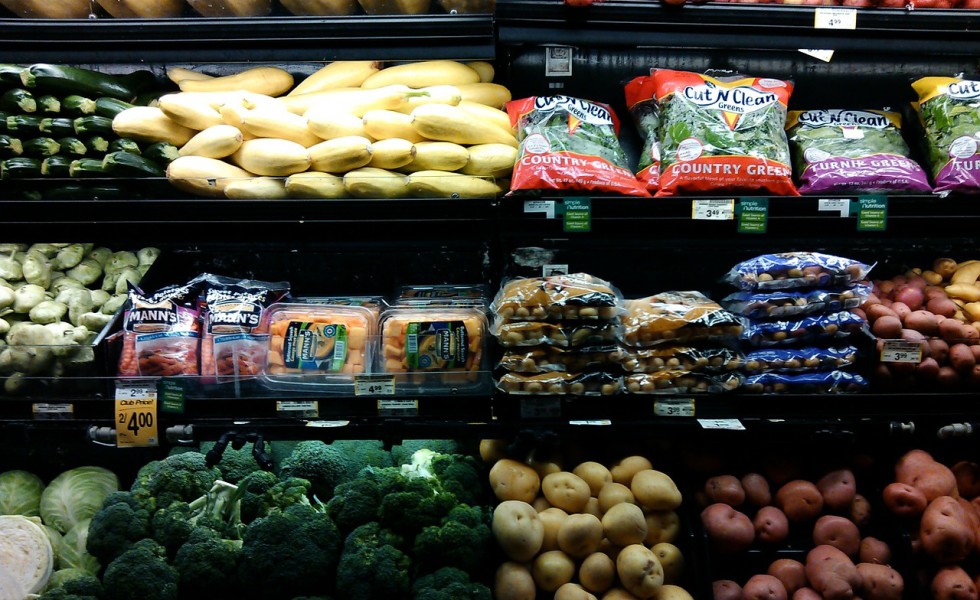Going Green is About Getting Green
Posted on February 27, 2020

One thing Big Ag has gotten very good at over the last two decades is fighting what it sees as the “green” invasion of do-good outsiders into American farming and ranching.
You know who I’m talking about; these tie-dyed, righteous interlopers of Eastern Elites and Left Coast Libs riding impossibly white unicorns into battle in defense of climate change, natural resources, governmental environmental rules and—warning: hum loudly if you don’t want to hear this one—over-population.
For the most part, however, Big Ag’s powerful lobbying arms have grabbed these environmental anarchists and tossed them and their Birkenstocks aside. This is especially so since the beginning of the deregulation-driven Trump Administration. Gone or made toothless is the Waters of the U.S. rule, the Clean Water Act, the Endangered Species Act, and the Paris Climate Agreement.
While most farmers and ranchers cheered these deregulatory actions, upstream food and fiber users were busy identifying, buying, packaging, and retailing clothing, food, and beverages that mostly younger, more affluent customers saw as “green” or “sustainable” or “regenerative.”
In short, they were demanding—and getting—through their purchasing power the exact opposite of what U.S. farmers and ranchers and their commodity lobbying groups were actively fighting against.
In late January, Tyson Foods, Inc. joined the fight on the side of its customers by announcing it would help form and fund, according the to Wall Street Journal, “a world-wide coalition of protein producers, academics and environmental and human-rights groups to work together on social and environmental issues.”
Wring the PR from that sentence and what Tyson hopes to do is take on animal agriculture’s biggest problems—an enormous greenhouse gas footprint, increasing water pollution, an at-best spotty record on animal rights and worker rights—so it can tell its customers, “We care about the same things as you do so buy Tyson protein.”
And Tyson has a lot of protein to sell. Each week the big-shouldered butcher, according to 2018 data, slaughters 37 million chickens, 408,000 hogs, and 133,000 head of cattle in 50 U.S. facilities.
Little wonder then that a new Tyson heir, 29-year-old John R. Tyson, returned to the family business (after acquiring a MBA from Stanford University) as the company’s new chief sustainability officer. He knows that in the long run, an environmentally greener Tyson means a profitably greener Tyson, too.
Tyson isn’t the only major food company to see green. Last November, Maple Leaf Foods, Canada’s leading animal and plant protein purveyor, announced it was the “first major food company in the world to be carbon neutral.” It did so as a way to “acknowledge… the urgent need for transformative change” in “the global food system…”
A big part of the change, explained Sylvain Charlebois, writing in the Nov. 28, 2019 Manitoba Co-operator, is that in today’s hyper-competitive, global marketplace, “…everything in on the table.”
And, added the professor of food distribution and policy at Nova Scotia’s Dalhousie University, Maple Leaf Foods is “becoming a completely different company” in order to “adapt to a wider variety of customer situations” it now faces due to environmental challenges.
Players in other industries are feeling the same urgent environmental concerns as their customers. It’s been widely reported that Nestle SA intends to cut its use of oil-based plastic by one-third. Microsoft Corp. recently said it intends to cut its carbon emissions to zero.
Curiously, however, as these customer-driven, globe-spanning giants move into greener pastures, American farmers and ranchers are openly celebrating—what almost certainly will be—their short-lived, rule-tossing victories that will make rural America and what it grows less green and less customer friendly.
Worse, in today’s world of perverse politics, these farmers and ranchers—and their powerful allies in Congress and the White House—believe they are winning the day for themselves when, in fact, they losing the future for all who follow.
© 2020 ag comm
Share This